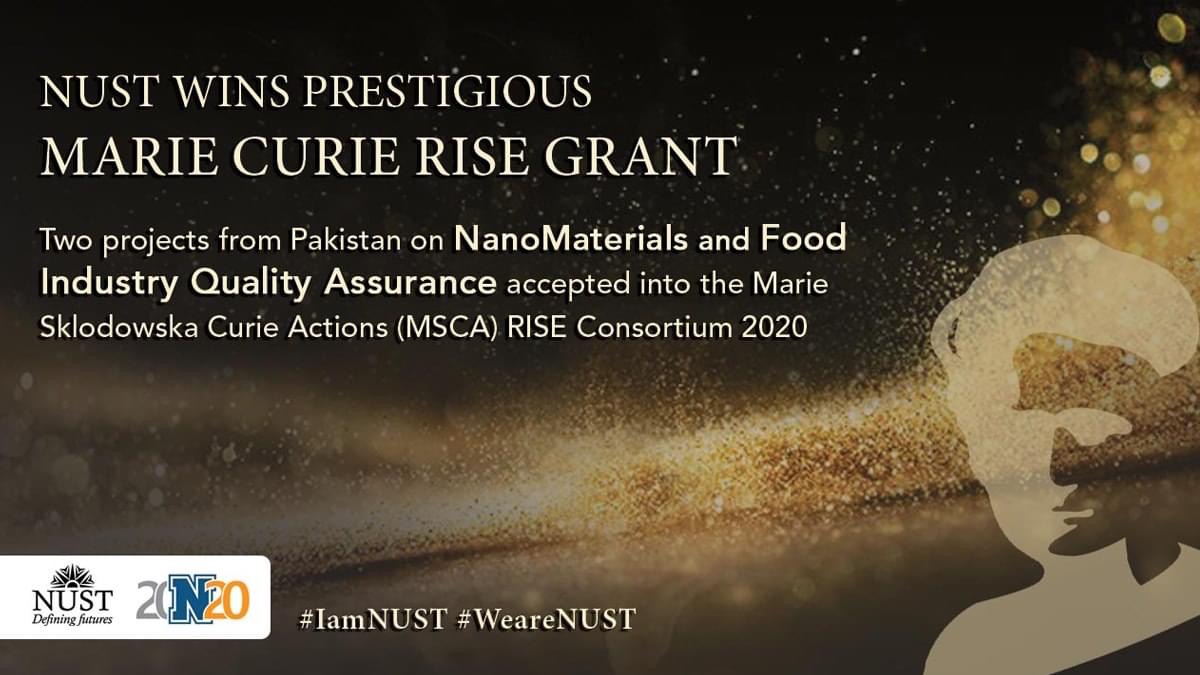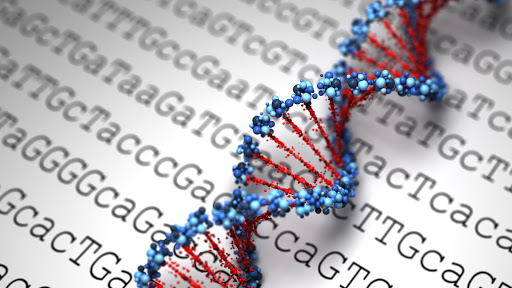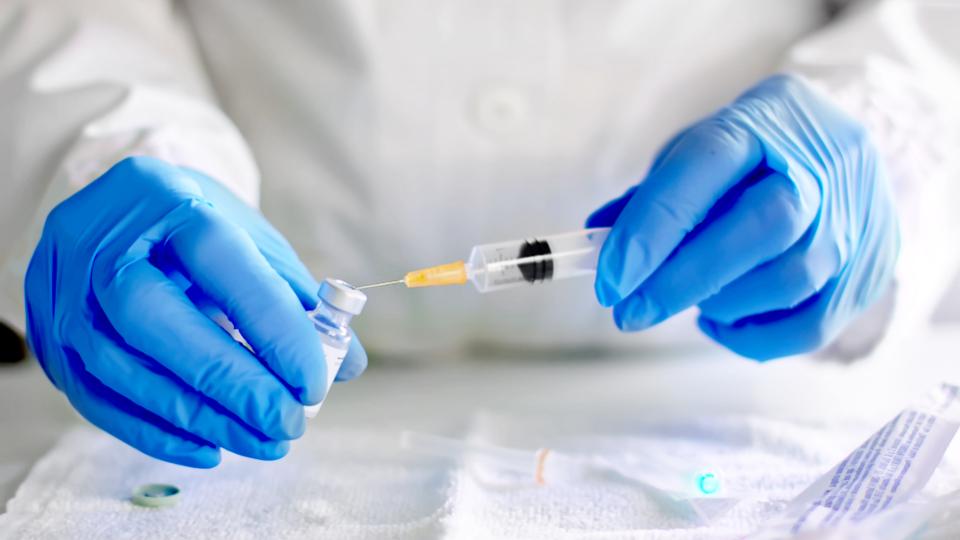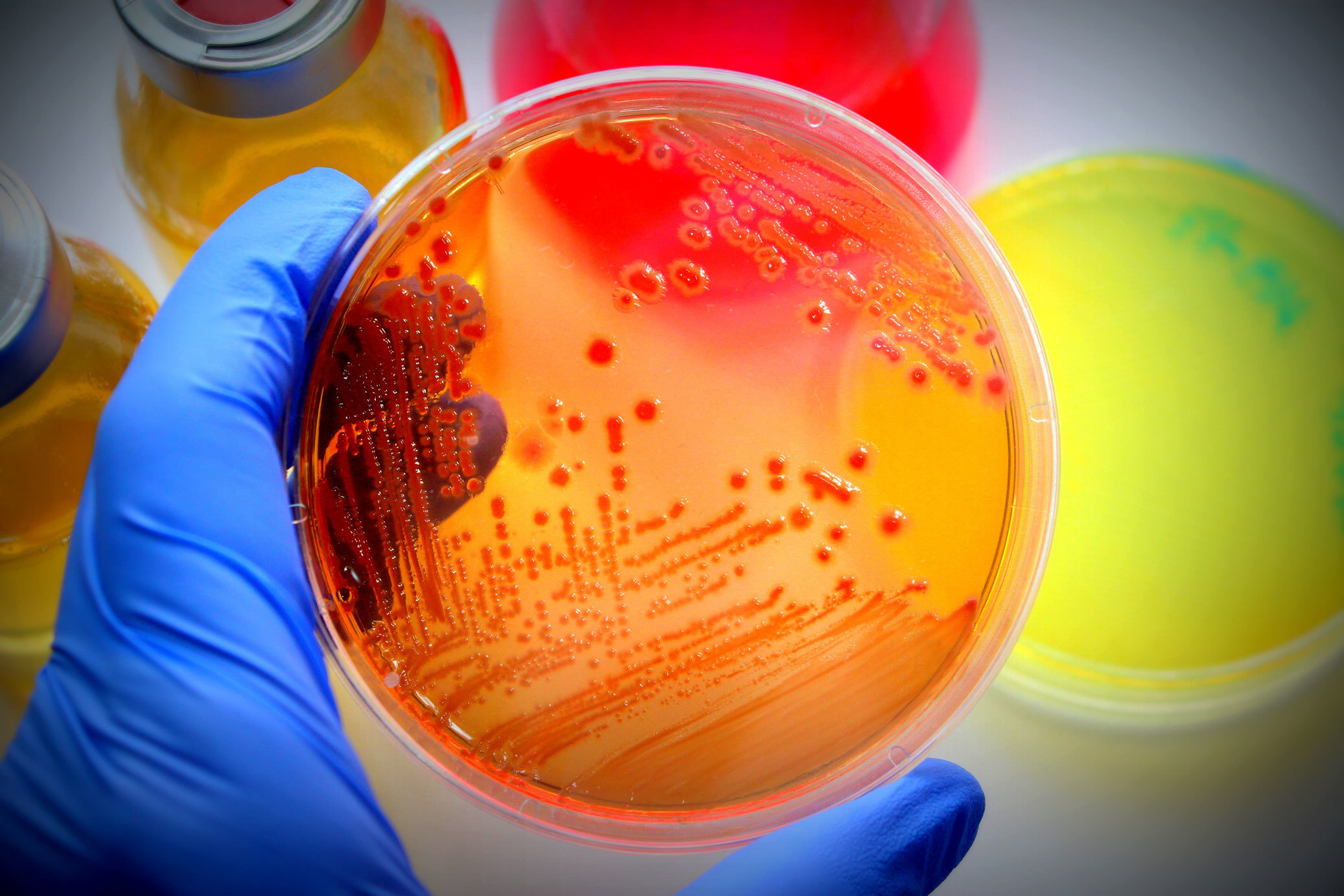Department of Microbiology & Biotechnology
The Department of Microbiology & Biotechnology has kept a high standard of education and research in a wide range of the biotechnology field. Employing DNA technology, protein engineering, and cell/tissue culturing techniques, in combination with the recent advancement of biomolecular structure determination, genomic information, and bioinformatics, the department is revealing basic mechanisms of a variety of biological functions.
MS in Microbiology & Biotechnology is basically an interdisciplinary master’s degree program within the fields of Biology, Chemistry, Pharmaceutical Sciences and Engineering. The program will be particularly suited to students who wish to improve their understanding of the biotechnological methods and processes and its application in the various industries like food, medicine and chemicals. An additional goal of the proposed program is to bring together academia and industry to common point of interest where both sectors will be bridged to execute research and development projects together.
In fall 2022, the department has introduced two (02) Knowledge Areas in the degree program. These knowledge areas are:
- Applied Microbiology &
- Systems and Synthetic Biology
Given the vast applications of Industrial Biotechnology and job market, there was a need to include knowledge areas to the degree. This inclusion will be beneficial for the graduating students to secure more specialized jobs advertised with specific specialization requirements.
The Microbiology & Biotechnology department encompasses the following research groups:
- Microbiology and Virology Research Group (Dr. Saadia Andleeb, Dr. Najam us Sahar Sadaf Zaidi & Dr. Fazal Adnan)
- Integrative Biology and Genomics Research Group (Dr. Amjad Ali, Dr. Saadia Andleeb & Dr. Tahir A. Baig)
- Food Biotechnology Research Group (Dr. Abdur Rahman & Dr. Fazal Adnan)
- Nano-Biotechnology Research Group (Dr. Hussnain A. Janjua, Dr. Ayeesha Mujeeb, Dr. Shah Rukh Abbas & Dr. Rashid Khan)
- Enviro Research Group (Dr. Tahir Ahmed Baig & Dr. Rashid Khan)
- Antibacter Research Group (Dr. Fazal Adnan)
- Vaccinology and Therapeutics Research Group (Dr. Najam us Sahar Sadaf Zaidi & Dr. Amjad Ali)

Head of Department Message
Dr. Fazal Adnan
Welcome to the Department of Industrial Biotechnology, Atta-ur-Rahman School of Applied Biosciences, (ASAB). We are proud to deliver outstanding postgraduate professional education like MS and PhD that offers exciting and varied career opportunities. We aim to deliver excellent teaching facilities and research across the broad span of modern Industrial Biotechnology. The academic programs are assisted by regular and visiting faculties and offer some of the finest resources available to a modern-day scholar. Though young as a department, we have done spectacularly well to develop the spirit of entrepreneurship and ideas that can be scaled up and be of potential benefit to the industry. The scholars are well trained in multi-dimensional fields and the research being carried out reflects the expertise, creativity and initiative of the faculty who set the research agenda, and who have a long tradition of engaging with their colleagues and students to work across disciplines. Biotechnology has traditionally been associated with the medical and pharmaceutical sectors. However, Pakistan has a broad capability in industrial biotechnology with both research and commercial activities across several key areas including biofuels, biomaterials, chemicals and enzymes and bio-mining. Industrial biotechnology – also known as white biotechnology – uses enzymes and microorganisms to make bio-based products in sectors as diverse as chemicals, food and feed, healthcare, detergents, paper and pulp, textiles and bioenergy. A number of products already on the market include biopolymer fibers used in both construction and household applications, biodegradable plastics, biofuels, food processing, lubricants and industrial enzymes. Biotechnological processes also constitute a key element in the manufacturing of some antibiotics, vitamins, amino acids and other fine chemicals. Owing to their vast applications in various fields, the value of the biochemicals (other than pharmaceuticals) is expected to increase from 1.8% of all chemical production in 2005 to between 12% and 20% by 2015 according to the latest surveys. Moreover, a recent report by the World Economic Forum (WEF) concluded that converting biomass into fuels, energy, and chemicals has the potential to generate upwards of $230 billion to the global economy by 2020. Our faculty has been striving to establish state-of-the-art research facilities in the department. Finally, we are committed to building on our role as a ‘thought leader’, by making the insights of our researchers and teaching staff widely available. We also seek out leading international specialists for collaborative research, to run workshops, give public lectures and participate in forums, and are increasingly harnessing the zeal to attract the best of the very best. I warmly invite you to explore the benefits of partnering with us.
Read More









